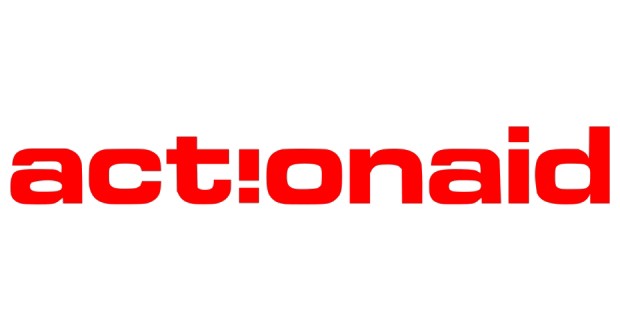Women’s Voice and Leadership Project

The Women’s Voice and Leadership Nigeria (WVL – Nigeria) project is a five-year project funded by Global Affairs Canada. The project is aimed at tackling the barriers to gender equality and supporting the empowerment of women and girls through the provision of financial and technical resources to local feminist/women’s rights organizations in Nigeria. This intervention is designed to respond to the challenges faced by these organizations in their efforts to eliminate discrimination and rights violations in policy and legislation and the provision of services, as well as harmful social beliefs and practices.
Through this project, ActionAid Nigeria has provided demonstrable evidence of its capability to effectively manage sub-granting initiatives. This is being done through the provision of multiple layers of funding and tailored capacity-building support to these organizations.
